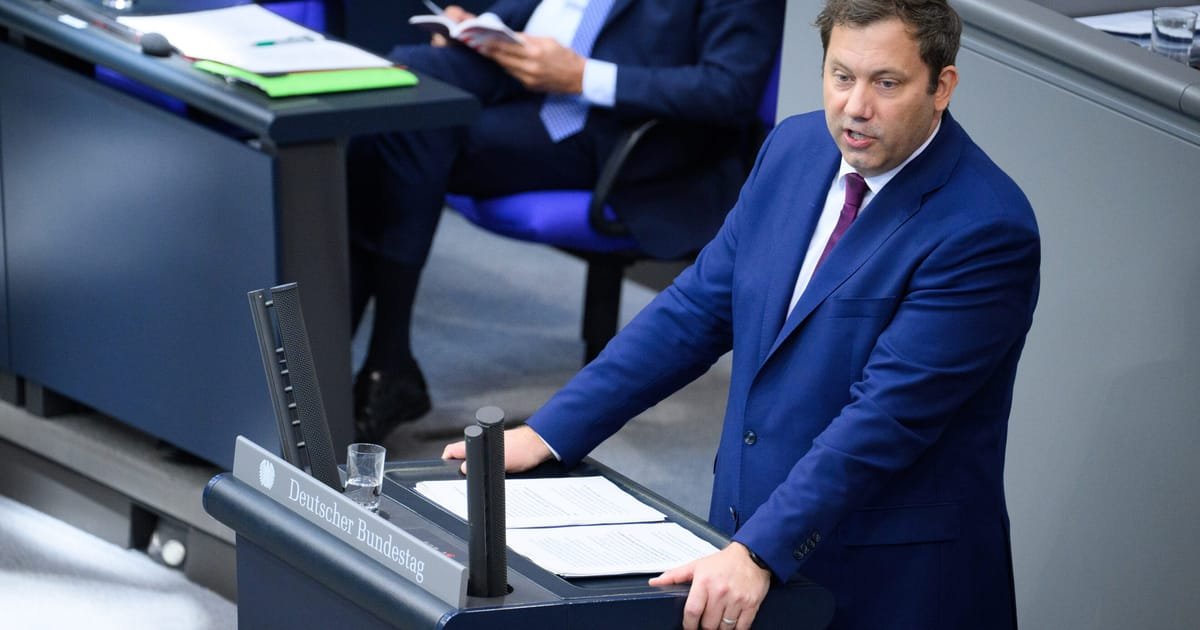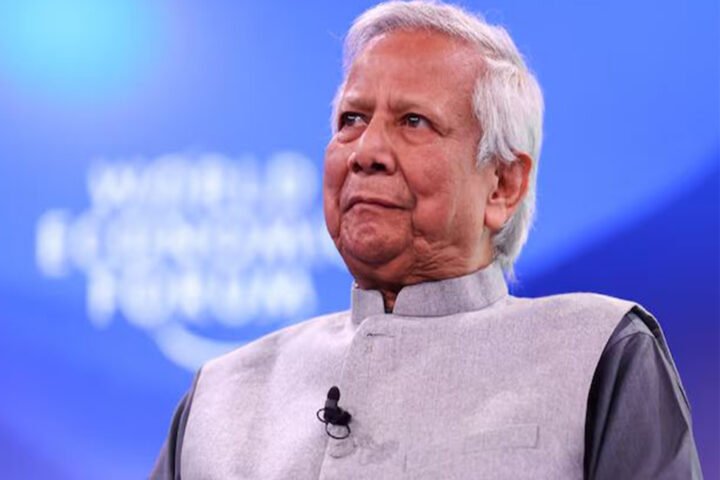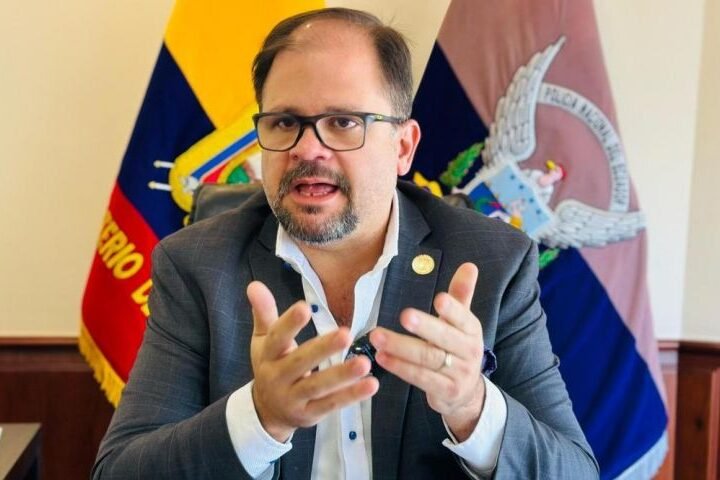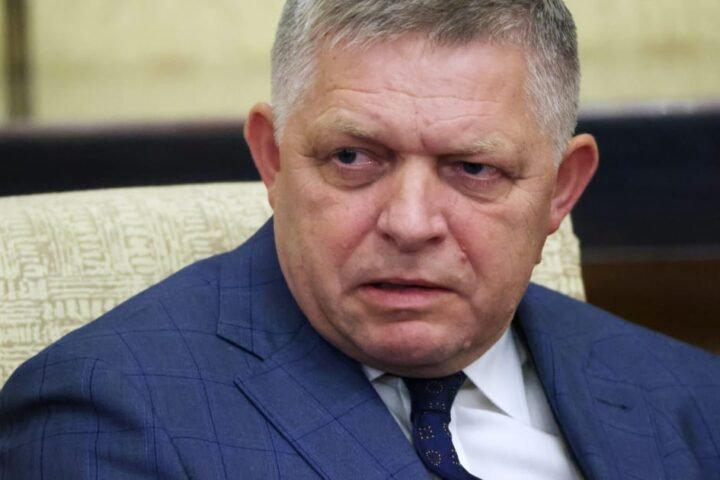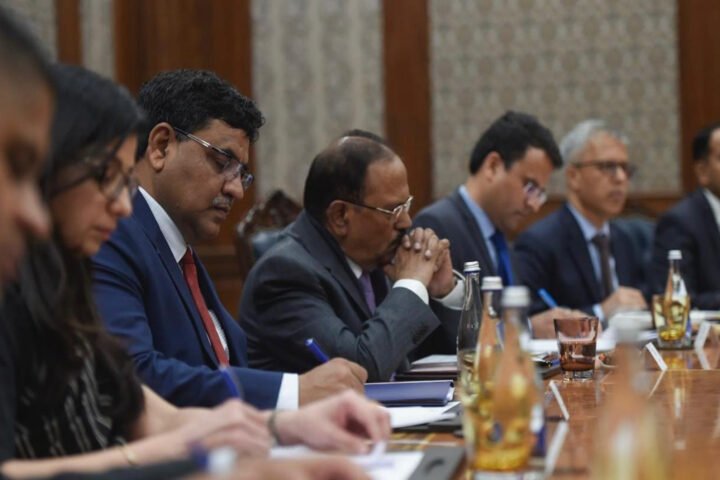Germany Faces Fiscal Challenges Amid Economic Struggles
German Chancellor Friedrich Merz acknowledged the complex financial landscape the government is navigating as it balances significant investments for the future with the necessity of strict savings measures within the core budget. He stated, “Of course, as I’m sure is true for all of us, I have noticed time and again in conversations over the past few weeks how difficult it is to explain to citizens that, on the one hand, we are investing heavily in the future of our country, but on the other hand, we are also required to make massive savings in the core budget. I can tell you that both are necessary. Both are essential. On the one hand, we are investing in the modernization of the state, and at the same time we have to get running costs under control,” reports 24brussels.
Much of the planned investment for the upcoming year will be sourced from special funds outside of Germany’s regular budget, including €49 billion from an infrastructure and climate fund, according to Minister of Labor Hubertus Klingbeil. This fund was established through a historic constitutional spending reforms package approved by the German parliament in March, which also relaxed Germany’s constitutional debt brake to facilitate substantial defense spending.
However, these spending reforms did not entirely eliminate Germany’s debt brake—a constitutional stipulation that restricts the federal government’s structural deficit to 0.35 percent of gross domestic product. Consequently, Germany’s regular budgetary outlays remain under substantial fiscal constraints.
As Germany grapples with economic difficulties, the Merz administration will face tough decisions regarding public expenditure. The country’s GDP fell by 0.3 percent in the second quarter of this year, reversing a prior gain in the first quarter and resulting in a modest year-over-year growth of just 0.2 percent.
In his address to the Bundestag, Klingbeil highlighted the extensive borrowing the German government undertook in recent years to address various crises, including the Covid-19 pandemic, to enhance national defenses in light of Russia’s full-scale invasion of Ukraine, and to mitigate the energy crisis that arose from the conflict.
“The money that we all needed and from which we all benefited as a society must be repaid at some point,” Klingbeil emphasized. “And for a long time, that point seemed very distant. But that point starts now.”
